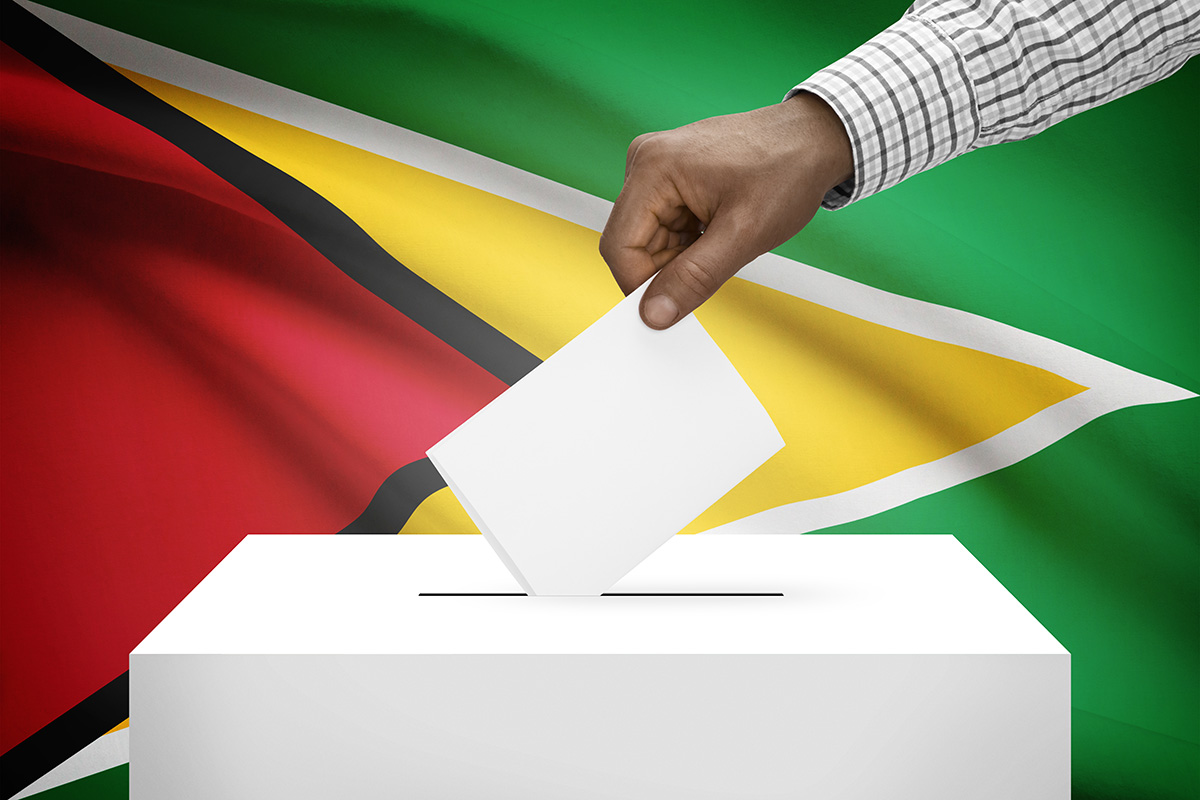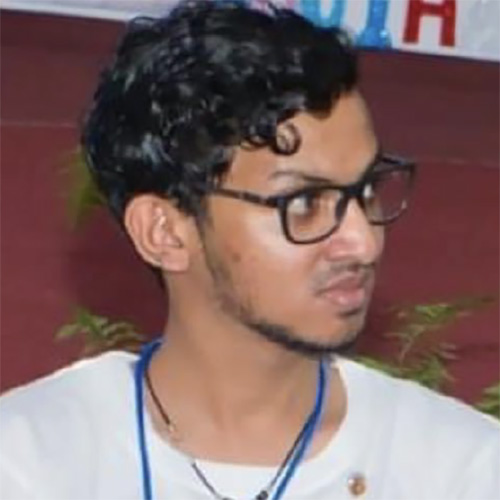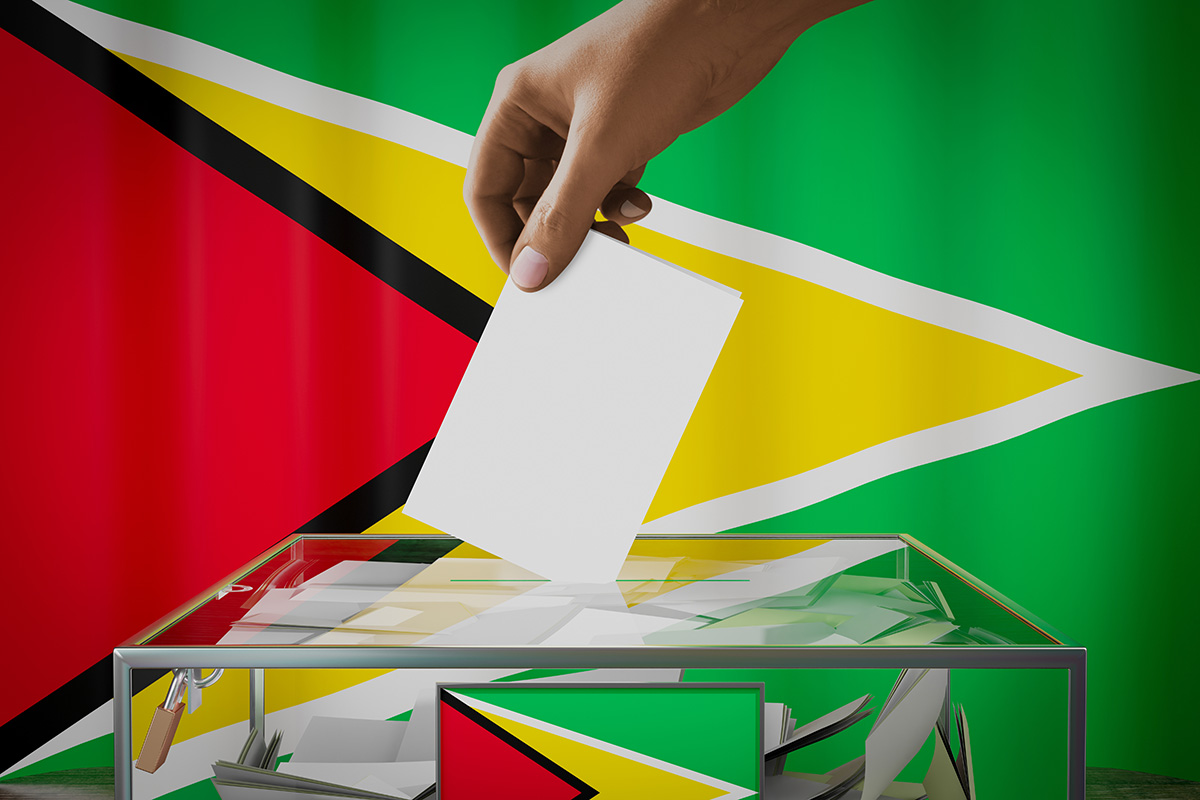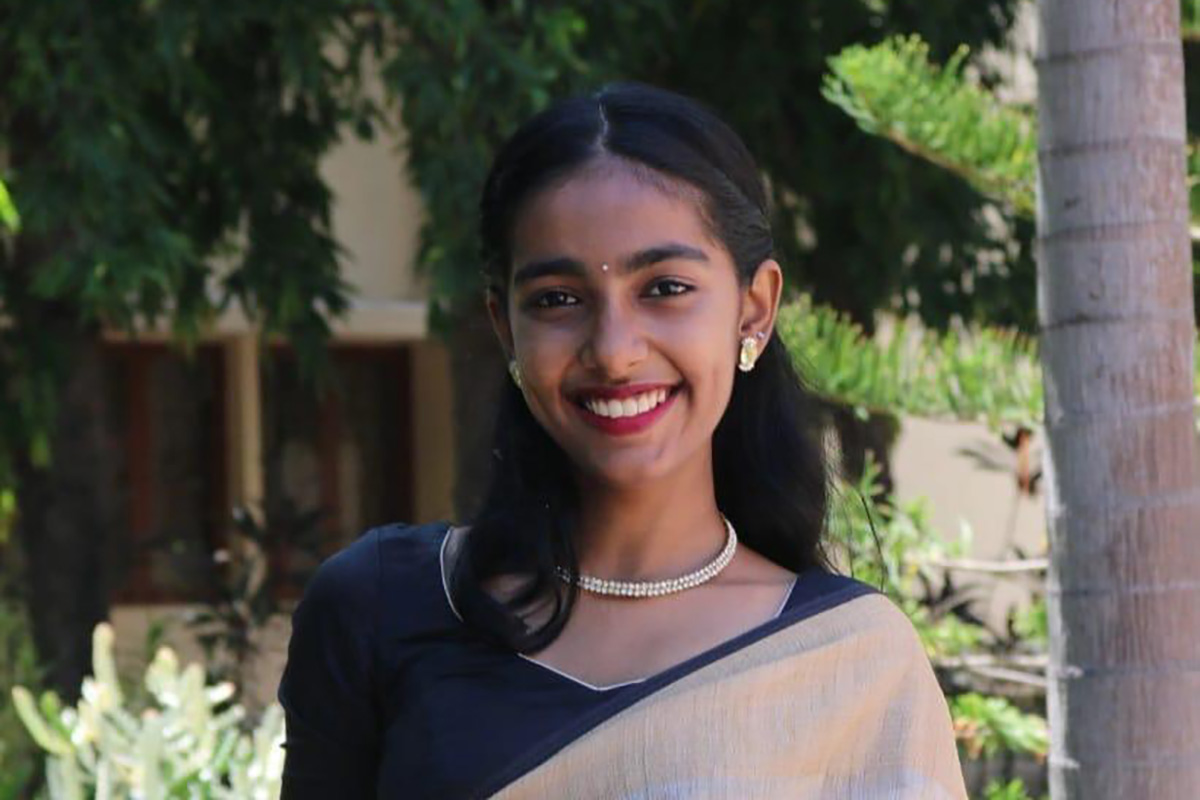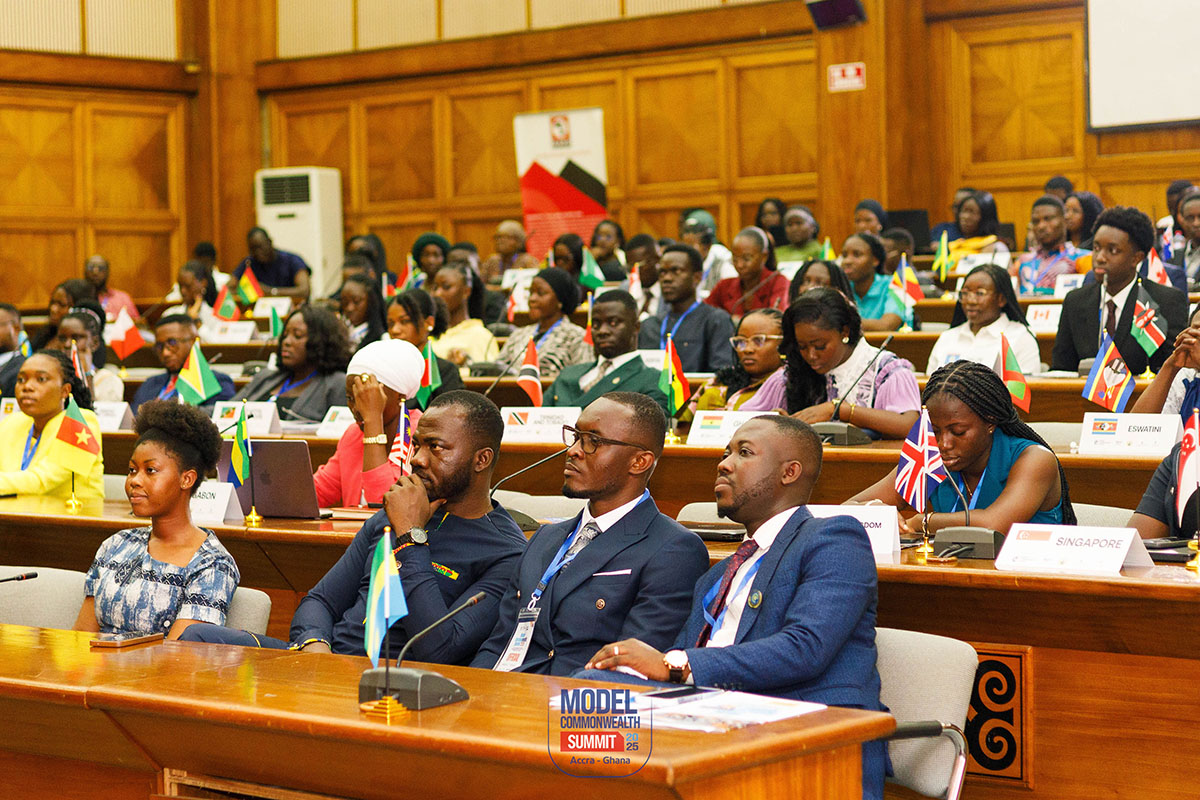Oil Wealth & Youth Power: Shaping Guyana’s Future Vote
July 24by Imran Bacchus
Young people make up approximately 1.8 billion of the global population, which stands at roughly eight billion people. This means that their roles and voices in our communities, nations, and regions are powerful, particularly in our democratic systems and processes. Their level of influence and persuasion among their peers and society make them crucial to national policies and legislative frameworks.
In Guyana, young people make up 70% of the population. This means that youths occupy spaces in universities, workplaces, government and non-government sectors. Their contributions are highly significant to a country of under one million people. Nonetheless, over the years, they have often felt sidelined by leaders and representatives who limit their spaces for growth and development. Therefore, their voices have been stifled and were refused to be let into rooms that can foster their advancement. As it relates to politics, some politicians have faced strong criticisms of failing the youths of Guyana; making promises but not keeping their words, and neglecting them by turning a blind eye to their needs and desires, particularly as it relates to education, sports, employment, and housing.
Moreover, as Guyana progressed over the years and with access to tools and information readily available, young people have become more informed and aware of political matters that concern them. They are better educated on their rights, roles, and responsibilities. They have been able to identify those who are working for them and differentiate among those who have kept them back; those who heard their pleas and those who ignored them. Youths in Guyana are more open and confident in speaking up against injustice, unfairness, and systems that have been established to curtail and control their logical reasoning and thinking.
Consequently, the upcoming general and regional elections in Guyana, which are a turning point for the nation as it grapples with the wealth generated from oil revenue, will see a new leadership or continuation of governance by the current administration. Thus, young people are stepping into the scene by clearly demonstrating their affinity for a leader and government that will nurture their ambitions and aspirations. They have weighed words over actions, and have witnessed the transformation and development in the country over the past five years. Many youths felt abandoned by the opposition, which did little to nothing to support young people. On the other hand, young people in Guyana have witnessed the tangible evidence of change and possibilities afforded to them over the past five years.
Historically and traditionally, people in Guyana would shy away from politics as it has always been a sensitive area, but a larger spectrum of the citizens have come to realise the importance of politics to their livelihood and daily lives. Hence, they are breaking away from the traditional perceptions of politics and have taken a more contemporary stance on the subject matter. Likewise, youths who were never fond of political affairs have grown to see its effect on their future and, therefore, have adapted to a new culture; one that is unprejudiced. Young people are supportive of a government that has their backs and can ease the socio-economic hardships that they have endured and faced. Many are trying to break away from the things that they inherited from their parents and are driven for independence.
Hence, in this election, they will be able to add their voice and demonstrate the power that they hold, which has been suppressed for too long. They are drawn towards a politics and a party with a sound vision, unbiased, and free from rhetorical behaviour. They have seen the duplicitous and deceptive conduct of political actors throughout the years and will not restrain themselves anymore from amplifying their voices and taking action.
This 2025 election is exceptional and momentous as it paves the way forward for the country’s fate. Hence, the younger population will cast their votes based on the success and progress that they have experienced in the last five years. One thing is certain, young people are breaking away from the stereotypical constitutional views that were painted to them, and are inclined to a party that has the right mixture of values and principes, has their best interests, listens, engages, and takes action to resolve the challenges that they face. It should be underscored that political parties that are NOT willing to take a chance on young people will not be able survive the ballots.
